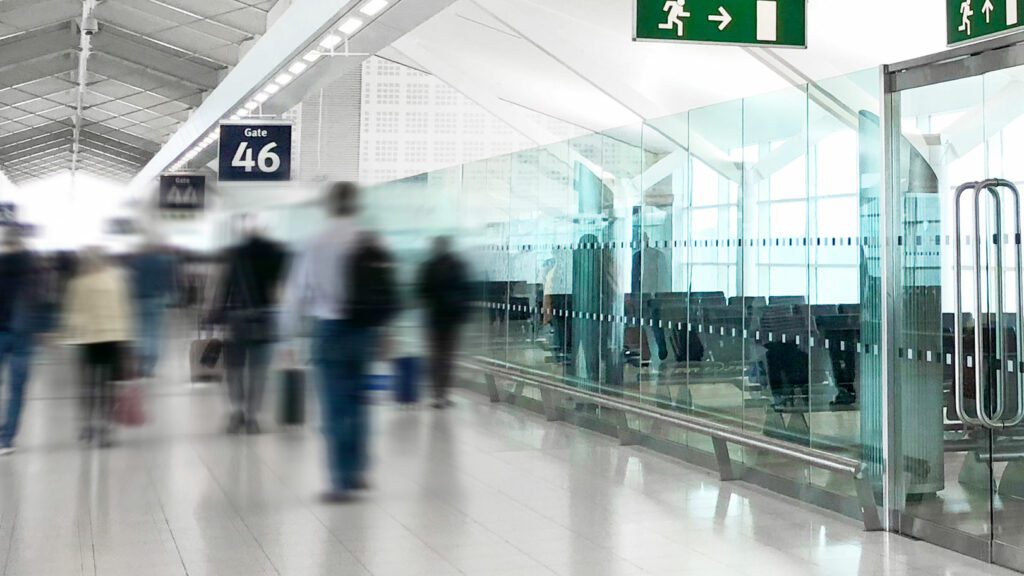Author
A recent High Court ruling should be a timely reminder to sponsor licence holders to take their compliance obligations seriously.
For those not familiar with the Home Office sponsor licence regime, it is a scheme under which businesses can apply to the Home Office for a licence to sponsor migrant workers. It is effectively a licence for a business (the sponsor) to issue their own work permits, granted on the understanding that the sponsor will observe all the Home Office’s detailed rules and guidance. It is based on trust, and the sponsor is expected to carry out its responsibilities “with all the rigour and vigilance of the immigration control authorities”.
Prestwick Care, a large care home operator in the North East (operating 15 care homes with a total of 813 beds and 857 staff), recently lost its challenge of the Home Office’s decision to revoke its sponsor licence. As a consequence, it stood to lose the 219 skilled workers it employed under the Health and Care visa scheme (a quarter of its work force), who individually would stand to have their visas cancelled if they could not find alternative approved employment.
Over a four-day period in late October 2022, the Home Office’s Sponsor Compliance Team carried out a compliance visit to some of the care homes operated by Prestwick Care. They interviewed 30 members of staff, including the PA to the Board of Directors, who was a Level 1 User with full access to the Sponsor Management System, through which the scheme is operated.
Some five weeks later they received a lengthy letter from the Sponsor Compliance Team, suspending their sponsorship licence on the grounds of alleged failures in compliance and giving Prestwick Care a mere 20 working days to make representations before they began enforcement action.
The alleged breaches, and the number of sponsored workers uncovered in each breach, included:
- overstating the duties and responsibilities in the job descriptions of five sponsored workers, thereby putting in doubt the genuineness of the vacancies they were sponsored to fill;
- not paying sponsored staff the salary stated in their Certificate of Sponsorship (‘CoS‘) (one sponsored worker);
- not complying with UK employment law in respect of sick pay (three sponsored workers)
- unlawfully seeking to recoup Immigration Skills Charge from its employees (eight sponsored workers);
- demonstrating practices and procedures that were not in line with the values of the sponsorship regime as set out in the guiding principles for sponsorship;
- not complying with its duties to monitor that its sponsored employees continued to have a right to work in the UK (eight sponsored workers); and
- failing to maintain worker contact details (seven sponsored workers).
Following representations from Prestwick Care, the Home Office accepted that there had been compliance in respect of the second alleged breach about underpaying staff and withdrew that allegation. However, it maintained its position on all the other allegations and proceeded to revoke Prestwick Care’s sponsor licence, stating that a mere downgrading of their licence was not appropriate due to the seriousness of its non-compliance with its sponsor duties.
Prestwick Care applied for judicial review of the decision, but all of its arguments, including one about the adverse impact that revocation would have on not only Prestwick Care and its staff, but also the provision of care services locally, were rejected and the revocation was upheld.
So, what had Prestwick Care done that was so terrible that it justified revocation of its sponsor licence?
The court found that the following defaults had been established:
- 5 cases of “inflated” job descriptions;
- 3 cases of not operating Statutory Sick Pay correctly;
- 8 cases of trying to recoup Immigration Skills Charge;
- 8 cases of failing to monitor immigration status; and
- 7 cases of failing to maintain correct worker contact details.
The court held that the totality of these breaches of their sponsor licence compliance obligations was more than enough to justify revocation of Prestwick Care’s sponsor licence.
On analysis, in absolute terms these were not significant numbers in a business with 857 staff. And in relative terms the highest level of default in any category of breach was 8 workers, representing a mere 3.6% of the total cohort of 219 sponsored workers.
But there is no de minimis rule in sponsor licence compliance, especially in the case of defaults that carry mandatory grounds for revocation (job description and underpaying) when there are no exceptional circumstances to depart from the guidance.
The judge held that the case for revocation was clearly made out, saying that the breaches:
“…point to a lack of rigour in following the guidance and record keeping and cannot but have led to the conclusion that the claimant could not be trusted to comply with its duties as sponsor, and it is trust which is the watchword of the sponsorship system”
In addition to the reputational damage and the fight for commercial survival, revocation of a sponsor licence has legal consequences, which include a 12 month ‘cooling-off’ period before making a fresh application for a sponsor licence, in which the applicant must regain the trust of the Home Office by demonstrating that they have reliably addressed any reasons why their previous licence was revoked.
The moral of the case is that holders of sponsor licences must treat compliance with the seriousness it deserves. It cannot just be an irksome afterthought, it needs to be at the forefront of the consciousness of the Key Personnel and any other members of staff tasked with compliance duties. Fundamentally, a sponsor licence is a privilege and not a right, and regular checks on all reporting triggers need to be made and time and budget made available for the compliance function.
Before you embark on the journey to become a sponsor, it is essential that you ensure that you have the necessary people, policies and procedures in place to lawfully maintain the licence at all times during its four year life-span. For those already in possession of a sponsor licence (even if you do not currently have any sponsored individuals working for you), ensure that you are regularly checking that you are satisfying all of your sponsor licence obligations. We can draft and review policies, train staff, conduct compliance audits and even act as your Level 1 User to make sure you never suffer a similar fate to Prestwick Care. If you need guidance, help or reassurance on sponsorship, please get in touch with the Michelmores Immigration team.
This article is for general information only and does not, and is not intended to, amount to legal advice and should not be relied upon as such. If you have any questions relating to your particular circumstances, you should seek independent legal advice.
Author
Employment law insights webinar: navigating change and compliance
We are excited to invite you to our upcoming webinar, where we will delve into critical updates and changes in employment law that are essential...


